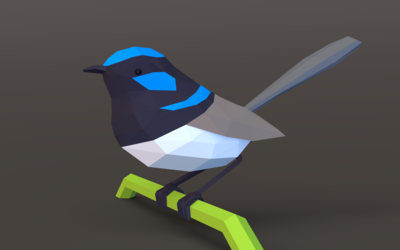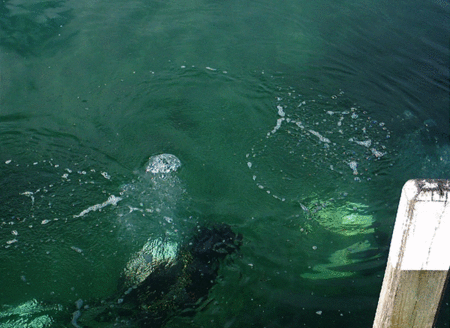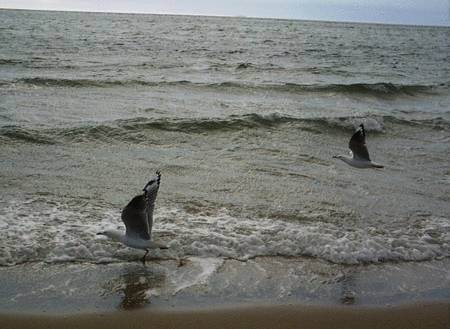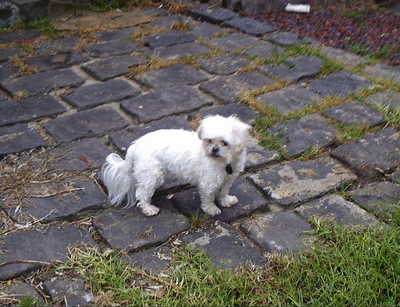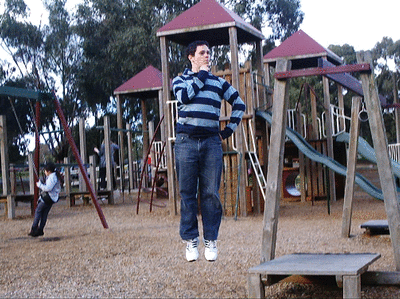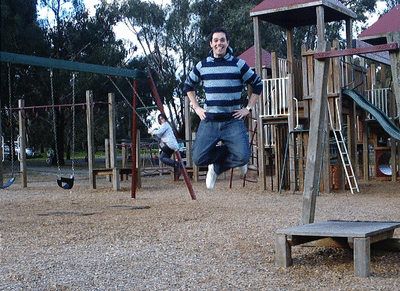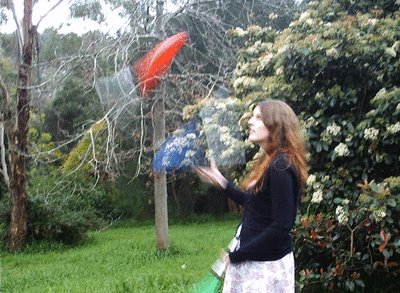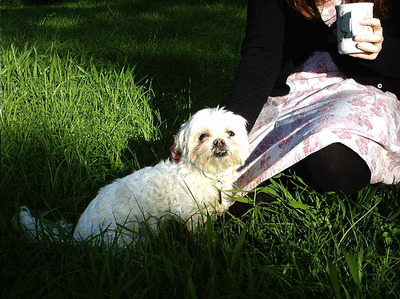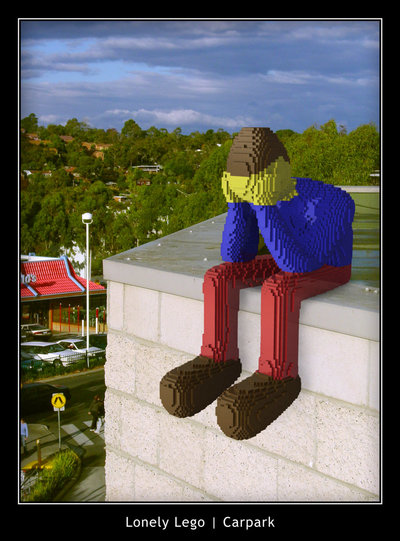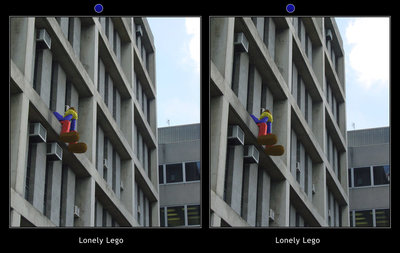Low-Poly Wren
Well, it’s been a little while (something like 10 years) since I’ve done any 3d rendering. After seeing a bunch of inspirational things recently (particularly caminandes 3 and browsing Fi Silva’s work), I thought I’d crack open Blender and have a go at some low-poly artwork.
Of course, I pretty much had to make a blue wren:
(click for huge wallpaper size)
In terms of picking up Blender after not touching 3D software for a decade, it was actually not too painful. Initially it was frustrating to know what I wanted to do but not remember how to achieve it, but there’s plenty of starter resources out there and after a few hours I was feeling relatively comfortable with the basics. An my faded muscle memory probably worked in my favour, because last time I used Blender I had strong 3DS Max knowledge, making Blender feel weird and alien. But coming at it (relatively) fresh, it’s actually quite easy to get used to, and such an amazing piece of software.
I’m particularly amazed in how straightforward certain highly complex things have become - e.g. the builtin cycles renderer does an excellent (and fast!) job of Global Illumination - I remember pining over Arnold and other specialized renderers while scripting complex dome-light rigs to emulate GI with the standard 3DS Max renderer.
Also physics: just for fun I’ve already made a bunch of “solid object turns into liquid and splats on the ground” animated gifs because it takes literally minutes to set this up and run the simulations in Blender. Last time I tried physics I don’t think I even had access to a liquid sim, the most exciting thing I could do was drape a square cloth over a sphere.
Of course, none of that makes animation or modeling any easier, as those are not something the computer can really help much with. But it’s really encouraging to be able to light a scene and have a pretty result in next to no time, especially as lighting is really not my strong suit. And if I ever need a wren to suddenly dissolve into liquid, I’m all set for that too!

